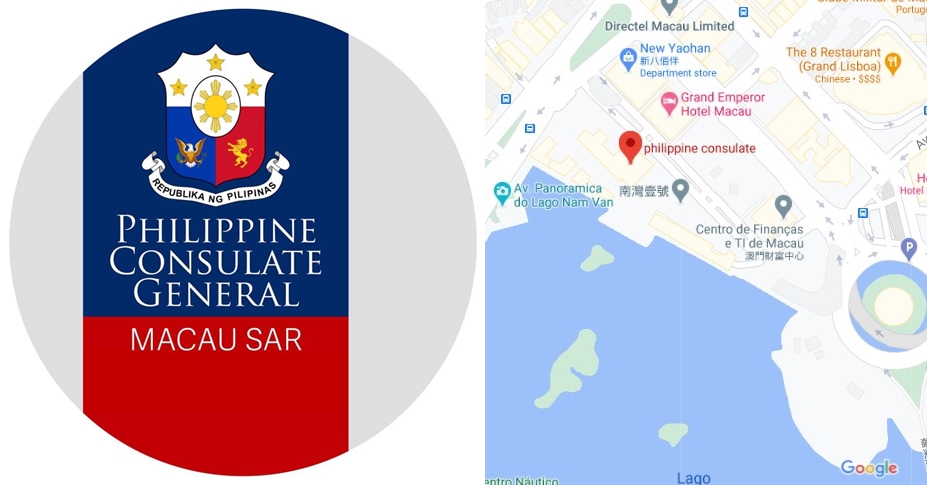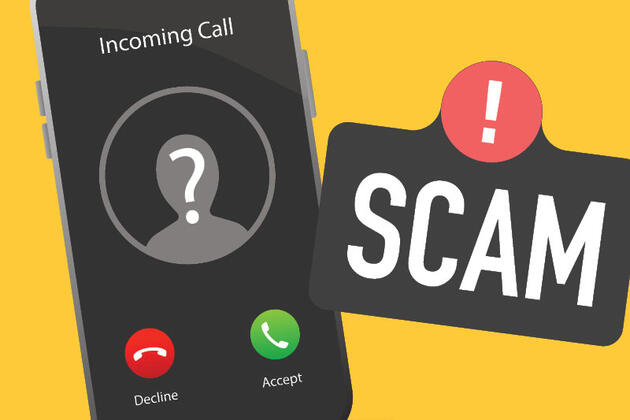Addressing yesterday’s press conference about Macau’s novel coronavirus situation, Alvis Lo Iek Long, a clinical director of the public Conde de São Januário Hospital Centre, said that the local government has concluded that holding the Macau Grand Prix (MGP) this year with the participation of foreign racers, who will be required to undergo 14 days of quarantine upon arrival in Macau that will include them having two COVID-19 tests each, will not increase the risk of local COVID-19 transmission in the city.
Lo said that going ahead with organising the annual motor-racing event in November, which he described as Macau’s iconic event, will help the recovery of the city’s tourism industry, and that’s why the government has determined that going ahead with this year’s Macau Grand Prix will be in the public interest. He was quick to add that based on public interest there can be exemptions from the current ban on foreigners entering Macau.
Lo underlined that after careful assessment the Macau government has concluded that as long as it can ensure its strict COVID-19 prevention and control measures vis-à-vis the motor-racing event’s foreign racers during their stay in Macau, the possible COVID-19 risk to the city was “controllable”.
The Macau Sports Bureau (ID) announced on Friday that the annual Macau Grand Prix will take place without its signature Formula 3 race for the first time in 37 years. The 67th Macau Grand Prix will be held on November 19-22, but due to the COVID-19 pandemic its programme will be curtailed.
Entry ban on foreign nationals since March
Foreign visitors have been barred from entering Macau since March 18, and the entry ban was extended to foreign non-resident workers the next day. However, foreign nationals holding a Macau ID card are allowed to enter Macau. This means that all foreign nationals without a Macau ID card are currently barred from entering Macau, regardless of where they have been before their intended entry into Macau.
Mainland, Hong Kong and Taiwan residents who have been to a foreign country within the past 14 days are also barred from entering Macau. While Macau residents returning from a foreign country – including foreign nationals holding a Macau ID card – are allowed to enter Macau, they must undergo 14 days of quarantine and medical observation at one of the government’s “quarantine hotels” upon their arrival here.
The two executive orders signed by Chief Executive Ho Iat Seng about the entry ban on foreign visitors and foreign non-resident workers state that in the public interest, particularly for the prevention, control and treatment of diseases, aid and emergency measures, and ensuring Macau’s normal operation and the provision of daily necessities for residents, Macau’s health authorities can in exceptional cases exempt them from the entry ban.
Secretary for Social Affairs and Culture Elsie Ao Ieong U told reporters on Friday that the Macau government can allow foreign racers to enter Macau so that they can take part in this year’s Macau Grand Prix based on their exemption from the entry ban in the public interest. The Macau Sports Bureau said in a statement on Saturday that foreign racers and their team members will have to present a nucleic acid test (NAT) certificate confirming that they have tested negative for COVID-19 before they can board flights to Macau. Upon arrival in Macau, they will immediately be transferred to one of the government’s “quarantine hotels” for their 14 days of quarantine and medical observation, the statement said, adding that they will only be allowed to race if they have not been diagnosed with the novel coronavirus disease during the quarantine period.
COVID-19 prevention routine
During yesterday’s press conference, Lo also said that the government is aware that many residents are worried about whether it will be suitable for the Macau Grand Prix to take place amid the COVID-19 pandemic. Lo pointed out that Macau’s COVID-19 prevention work has now become routine, which means that the government has to restore the normal operation of civil society, its economic activities and residents’ normal lifestyle as much as it can, provided that this will not violate its principle of always having strict COVID-19 prevention measures in force.
Lo said that in this context the government will decide whether it will be suitable to organise a particular event after striking the right balance between civil society’s interest and its possible COVID-19 risk. Lo went on to say that the Macau Grand Prix is Macau’s iconic event with a long history, adding that organising the annual motor-racing event this year will help the recovery of Macau’s tourism industry which will be in the interest of the city’s civil society.
Lo said that organising the Macau Grand Prix will include certain foreign nationals allowed to enter Macau, adding that after careful assessment the local government has come to the conclusion that the ensuing COVID-19 risk to the city is “controllable” as long as it can ensure its strict COVID-19 prevention measures targeting the foreign racers.
Lo underlined that the foreign racers will have to undergo 14 days of quarantine and medical observation at one of the government’s “quarantine hotels” upon arrival in Macau, adding that during the 14-day quarantine period, each of them will have to undergo two nucleic acid tests, the first one at the beginning of the period and the second one shortly before the end of the period.
‘Hotel quarantine + NAT’ model
Lo said that according to the local government’s previous experience since the COVID-19 pandemic, its “hotel quarantine plus NAT” model required from all those entering Macau from foreign countries is able to protect Macau from COVID-19 risk.
Lo underlined that protecting residents from the COVID-19 risk is the local government’s responsibility, urging them to be reassured.
Organising MGP part of public interest for entry ban waiver
When asked whether organising the Macau Grand Prix this year by allowing certain foreign nationals to enter Macau will be in the public interest in line with March’s chief executive order about the entry ban on foreign visitors, Lo said, “Obviously, Macau is currently on its way to economic recovery, organising the Macau Grand Prix which is an iconic event with a long history will be beneficial to the recovery of the tourism industry, so obviously this matches the public interest definition.”
Lo went on to say that it will not be the case that Macau government will exempt the foreign racers from the entry ban merely due to their own needs or the fact that they know someone in Macau, instead the waivers will be merely due to the Macau Grand Prix, which he said would meet the need of Macau’s civil society.
Lo said that “after comprehensive assessment, we [the government] have concluded that organising the Macau Grand Prix [this year] is in line with Macau’s overall interest”.
Macau has not recorded a new COVID-19 case for 80 days, while no local case has been confirmed in 169 days.
Macau had not confirmed a new COVID-19 case for 39 consecutive days between February 5 and March 14, while the city had not confirmed a new COVID-19 case for 78 consecutive days between April 9 and June 25.

Alvis Lo Iek Long, one of the three clinical directors of the public Conde de São Januário Hospital Centre, addresses yesterday’s press conference about the city’s novel coronavirus (COVID-19) situation. Photo: GCS









